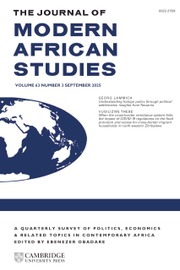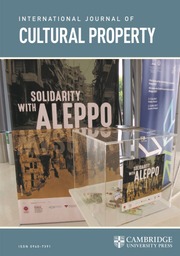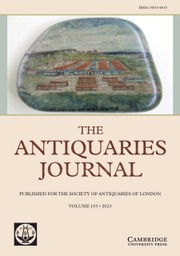Bus Station Hustle
Bus stations are among the most prominent sites of social and economic activity in Africa. Integral to transport, trade, and exchange over distance, they provide livelihoods for large numbers of people. Through a detailed ethnography of one of Ghana's busiest long-distance bus stations, Michael Stasik explores the dialectical relationship between the ways in which people make the station work and how the station shapes popular economic engagement and social life. Drawing on a dual understanding of 'hustle' as a distinct mode of economic activity and organisation, as well as a marker of complex and sometimes bewildering situations, Stasik challenges dominant views of transport work in urban Africa, especially those wedded to generic notions of 'informality'. Bus Station Hustle offers a nuanced anthropological perspective on the hands-on work in and the institutional workings of an infrastructural hub of mobility and exchange. This title is also available as Open Access on Cambridge Core.
- Provides an empirically grounded intervention in two of the most pressing agendas in Africa today: transport and urbanism
- Critically engages with theories of mobility, infrastructure, informality, and urban economic life
- Foregrounds transport workers' own theorizations to consider the ethnographic, conceptual, and political imagination offered by 'hustle'
- This title is also available as Open Access on Cambridge Core
Product details
February 2025Adobe eBook Reader
9781009486644
0 pages
This ISBN is for an eBook version which is distributed on our behalf by a third party.
Table of Contents
- 1. Introduction: in the hustle park
- 2. From the lorry age to the age of hustle
- 3. Niche economy involution
- 4. Loading
- 5. Station rhythm enskilment
- 6. The labours of waiting
- 7. The valorisation of delay
- 8. Conclusion: the hustle reloading
- Appendix A. Accra lorry park, bye-laws (1929)
- Appendix B. Achimota transport terminal, rules and regulations (2009)
- References
- Index.








